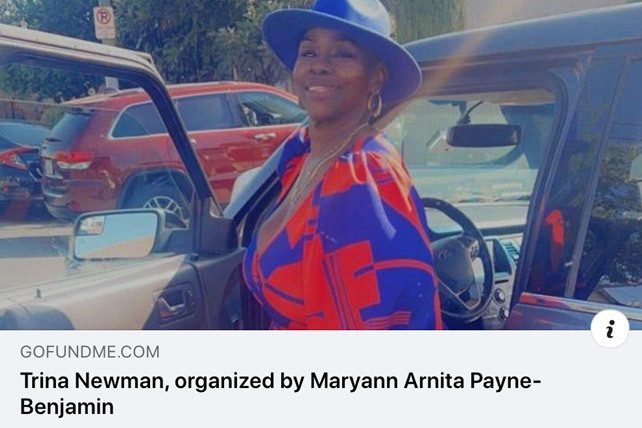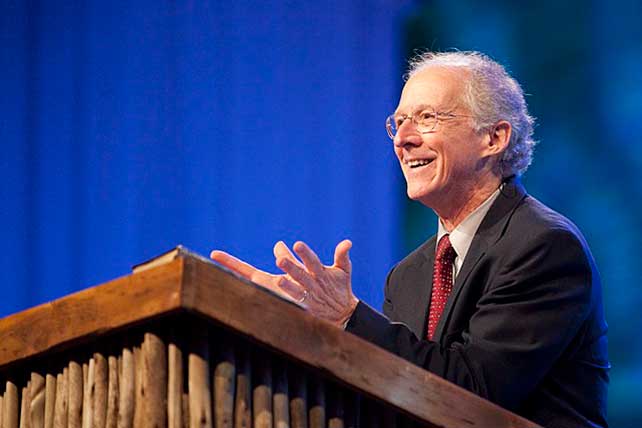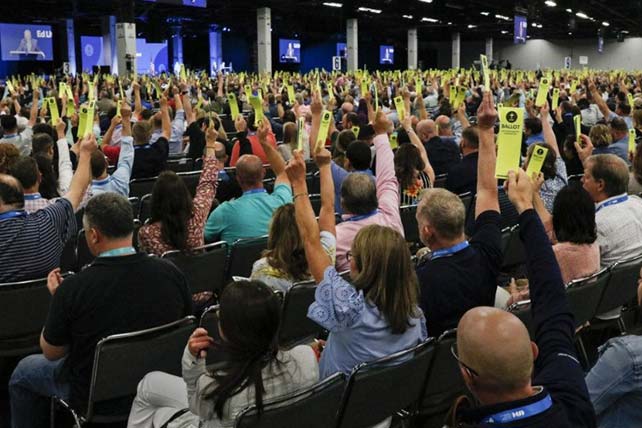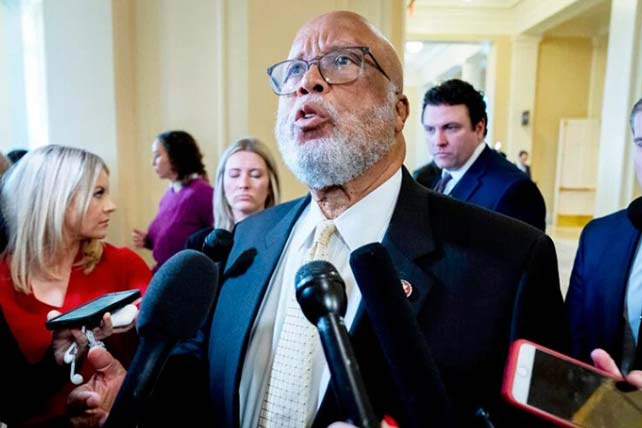LEBANON, Tenn. (BP) – Years after Ruby died at age 26 of scarlet fever, her mother Rebecca journaled grief and hope on blank pages of her Bible, a Christmas gift received in 1946.
“Dear children, when you read this and I am gone,” Rebecca wrote, “I want you to keep close to Jesus too. He is our only pure joy. It pays to serve Him. For like Ruby, this day is coming to all, and we all want to meet in heaven.”
Three-quarters of a century later, the Bible, now weathered and fragile, is in the hands of Rebecca’s great-grandson Erik Reed, a Tennessee pastor who Dec. 1 marked the third anniversary of the loss of his son Kaleb, who died at age 15 after lifelong health struggles.
“When we started reading some of these notes, it struck our hearts because we’d lost a child,” Erik, lead pastor of The Journey Church in Lebanon, said of himself and his wife Katrina. “So many of the things that she’s saying just resonated with us. As I read it to my wife out loud, we were both just in tears.”
Rebecca apparently found her daughter ill in bed one morning.
“She was still alive,” Erik said of his great-aunt, “but she was obviously having issues. And she ended up passing away.”
Rebecca journaled her feelings in poetry and prose at least a decade after Ruby’s death on June 11, 1937.
“She just talked about how much she missed her and how difficult it’s been without her,” Erik said. “She even writes about recounting the morning, but then she’ll immediately talk about someday all the tears will be gone.
“She says, ‘Sometimes I’m just so happy, but I can’t always stay happy. Lonely days come.’ So she’s just pouring her heart out. But you see a mixture of sorrow and faith through all of it.”
The Bible passed from the hands of Rebecca’s youngest daughter Dorothy to her son Sam, who loaned it to Erik.
“It really is just incredible,” Erik said.
Erik describes the Bible as a King James Version that was given to Rebecca as a Christmas gift by another of her daughters, Lorine, who was close to Ruby in age and spirit.
“The two sisters were super close,” Erik said. “They were strong believers. But the stories I’ve heard about my great-grandmother were about how strong her faith was.”
Rebecca attended Barton’s Creek Baptist Church, founded in 1849 in Lebanon and still active today.
“It’s not a charismatic church by any means, but she was known for shouting ‘amen’ and being just very vibrant in her faith,” Erik said. “I’d always heard those stories and of course, I knew she’d lost a child, but I’d never seen any firsthand things from her own heart and her own feelings.”
Erik is considering transcribing Rebecca’s notes to preserve them before returning the Bible to his cousin.
“It’s really meaningful to have a piece of history from my own family,” Erik said. “It’s just encouraging for me as someone who’s buried a son and lost a child. There’s not a whole lot of people who share that experience of a relative, of a great-grandmother. There’s a part of me that resonates with her life.
“I feel more than a blood connection to her. I feel a kinship in that we’ve both suffered a sorrow that many people never do and never want for sure.”
Erik’s son Kaleb battled lifelong health issues that began when doctors accidentally took his good kidney along with a kidney covered in cysts when he was two months old. Kaleb attended school, played and enjoyed games as kids do, but also endured several hospitalizations a year, crippling complications from fungal meningitis and a stroke before succumbing on Dec. 1, 2019.
Erik’s family, including daughters Kaleigh Grace and Kyra Piper, still deals with the loss, which he mentioned in a Nov. 22 Facebook post.
“It’s that time of the year for my family, where the shadow creeps in and the lingering presence of Kaleb’s death weighs heaviest,” Erik wrote. “The cold weather almost triggers the emotions. It’s wild how things imprint on our souls when we experience loss.”
Keeping a record of one’s faith can be an important legacy, Erik said, and we never know who will see such writings.
“I’m reading the words of a mother who is grieving, but I’m reading them now, and she’s not grieving any longer. She’s with the Lord, and she’s with her daughter, and the hope that we have in Christ, the promises we have in God’s Word, she has seen the fulfillment of those promises,” he said. “So now I can read them and remember the same. These sorrows will pass.
“There will come a day where to live is Christ, but to die is gain.”
This article originally appeared at Baptist Press.


























